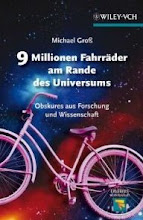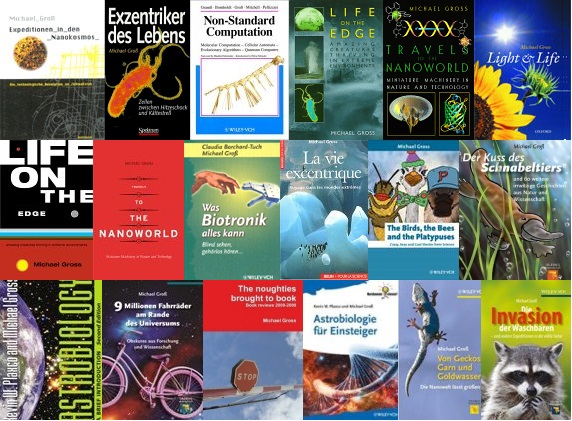But why do I? One obvious reason is that I need to learn the language so I understand the naughty bits in the songs we sing at the Galician sessions, and reading novels has served me well as a learning strategy for English, French and Spanish, so why not. (Also, there is a special deal with Romance languages, you buy two and get the third one free.)
There are additional motivating factors, however, which I am only beginning to discover. All other languages I have learned before were languages of empires at some point, and were aggressively inflicted on the less-well armed people. Galician, by contrast, only had a modest kingdom for a few decades in the Middle Ages, and has since then been a minoritized language, suppressed over centuries by the Castilian-speaking imperialists. So helping to keep it afloat is among other things also an anti-imperialist statement.
Then there is the familiar and related problem that everything published in English is overrated by default and spread around half the globe even if it has no merit whatsoever. Given this language privilege, all sorts of shady people publish books in English for political or commercial motives, regardless of whether they are any good.
The resulting problem for me as a reader is that not only there is way too much stuff being published in English to keep up even with the reviews, let alone the books, but also there is a substantial risk of picking up something that is downright rotten.
My impression is that this doesn't happen in a minoritized language. Especially in the Spanish situation where anybody who is literate enough to write a book in one of the co-official languages could just as well write it in Spanish instead and reach a potential market more than 100 times larger. So people who do write in Galician, I suspect, do it because they love the language and want to make a contribution to keeping it alive. (Incidentally, the author featured in this year's Dia das letras galegas, Maria Victoria Moreno, learned Galician as an adult and describes her relation with the language as a love affair - one that was downright dangerous under Franco.) And that, according to my theory, explains why, five novels into the Galician reading experience, I haven't yet found a book I didn't like. Prove me wrong.
Here's book No. 5 (almost finished):














No comments:
Post a Comment